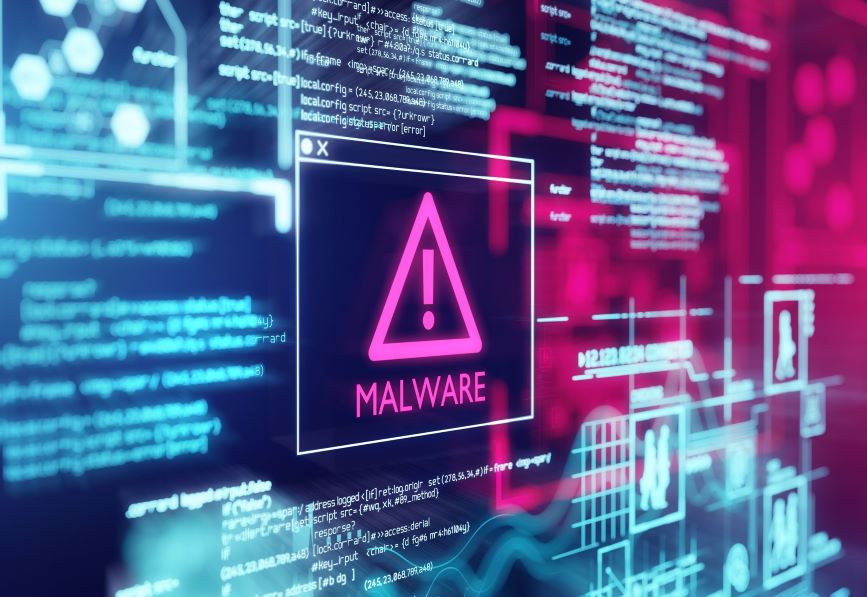
Analyzing Bitcoin Addresses: How to Detect Cyber Fraud Early On
Whether it’s threatened DDoS attacks, data leaks, or sextortion scams – cybercriminals often demand payment via Bitcoin wallet addresses. It’s the (supposed) anonymity of cryptocurrency that makes it particularly attractive for extortion attempts.






